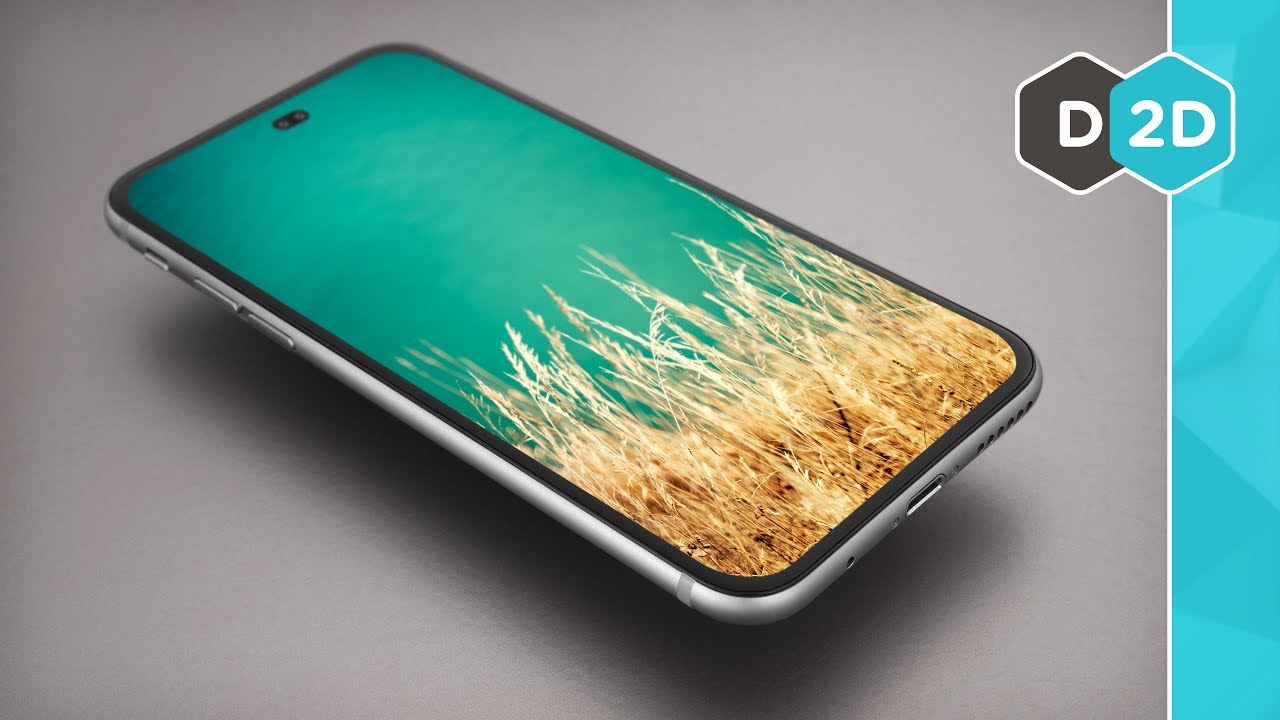Since the beginning of the year, Apple’s share price has fallen by over 8%. It is the only one of the Magnificent 7 to be in the red by 2025, and is being snapped up by Nvidia in 2nd place among the world’s largest capitalizations. The company’s lacklustre performance over the past 6 months, and its recent pullback from its highs of late December 2024, can be explained by the difficulties the Californian company is experiencing. Uncertainties include the slowdown in iPhone sales, which weighs heavily on Apple’s sales breakdown, challenges in China, Siri’s lag in AI, which is pushing it to integrate ChatGPT, and concerns over a $20 billion payment from Google to Apple for default search engine status, which could be threatened by an antitrust ruling from the US Department of Justice.
Apple’s sales growth is expected to be in the single digits this year, driven mainly by its services business. However, product sales remain stable, especially in China, where Apple faces significant challenges. Trade tensions between the US and China under the Trump administration could also pose problems, although the company may benefit from US exemptions. A deterioration in relations could harm product sales in a market that is already difficult for Apple.
ChatGPT’s integration with Siri, announced in December 2024, represents the biggest artificial intelligence update for iOS to date. Still, it’s evidence of a marked lag in terms of AI: Apple hasn’t been able to create conversational AI.
The venerable Warren Buffett has sold the majority of his position in Apple over the past year, having initiated his position in 2016 when the company was buying back its own sold-out shares in droves. If at 13 times earnings, Warren Buffett didn’t hesitate to buy Apple shares massively in 2016, at 31 times at the start of 2025 and given the current (and potential future) challenges, he prefers to lighten his position. And understandably so.















